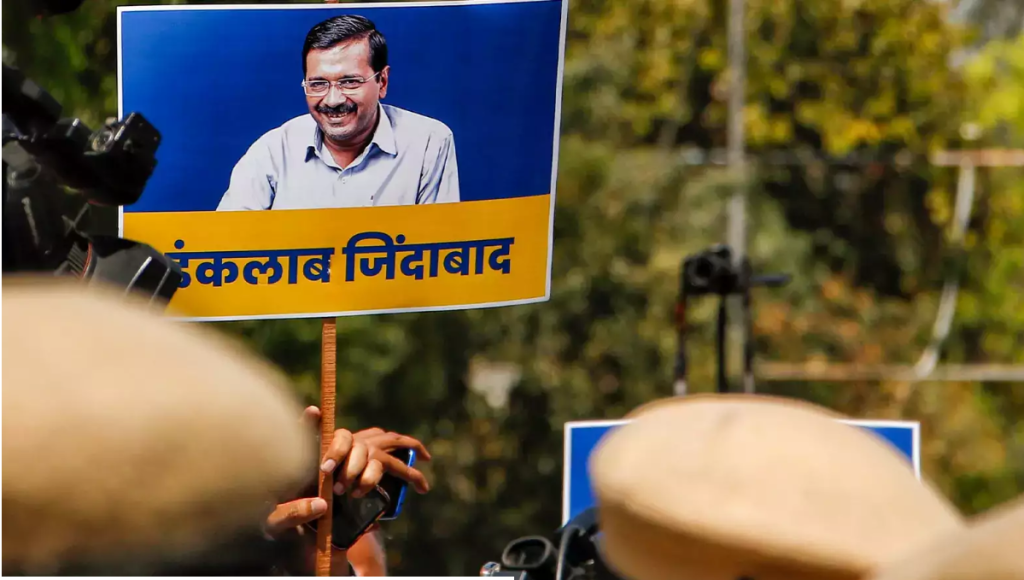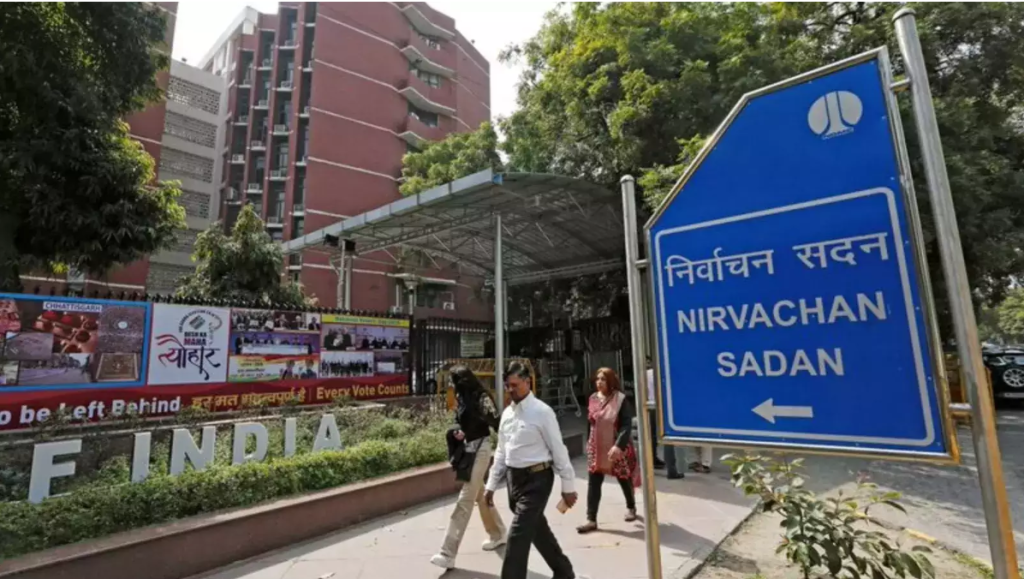To project jobs, Ohio Governor Strickland has banned outsourcing by companies getting state government funds. This has raised a storm of protest in India, but it\’s a storm in a tea cup. Our IT exports to the US federal and state governments are very modest.
Anand Sharma, minister for commerce and industry, says he will lodge a protest during his coming visit to the US. But both sides know this will be ritual diplomacy, not trade war.
US unemployment is 9.5%, President Obama\’s popularity has sunk to 35%, and his Democrat Party faces a thrashing in November\’s Congressional elections. The Ohio governor also looks like losing and is acting out of desperation.
President Obama will not extend tax breaks to overseas operations of US firms. He has also raised visa fees for visiting engineers, to shift more work to US engineers. He waxes eloquent with swadeshi rhetoric about US jobs. Similar rhetoric was used after the 2001 recession, when US politicians inveighed against the \”export of US jobs\”.
This plays to the domestic gallery but is logically faulty. Jobs do not belong by right to any nation: they have to be earned by competitiveness. India and China dominated world manufacturing till the Industrial Revolution, specializing in handloom textiles. But then, the machinery of the Industrial Revolution produced textiles more cheaply than handlooms, crushing Chinese and Indian production. Did Europeans call this the export of Indian jobs to Europe? Not at all.
Jobs are not property rights. They are a means to meet consumer needs, and should move across companies, within countries or across the globe to where they serve consumers best. Just as textile jobs went to Europe during the Industrial Revolution, so are software jobs moving to India today, and in both cases consumer prices have fallen.
During the independence movement, Indian politicians raised swa-deshi slogans against, and sometimes burned British textiles. Ironically, they are condemning US politicians who raise the same swadeshi slogans today. Such hypocrisy is also evident in the media of the two countries.
Visa curbs will not produce more jobs for US engineers at the expense of visiting Indian engineers. Rather, they will drive more work offshore to India. Today one-third of Indian software work is done onsite in the US and two-thirds is done offshore in India. After visa curbs, the offshore Indian share will probably rise to four-fifths. Protectionism is self-destructive in anything but the short run. India itself flourished after self-sufficiency was replaced by trade interdependence.
The US swadeshi ploy is not new. During the 2001 recession, states like New Jersey imposed outsourcing curbs. These, however, proved ineffective. When the 2008 recession struck, the US mandated that bankrupt companies rescued with government funds must not use the money for outsourcing.
A research paper, \”The Resilience of Services Trade\”, by Aaditya Mattoo and Ingo Borchert, highlighted the fact that Sallie Mae, a student-loan company rescued by the government, moved 2,000 jobs back to the US from India and the Philippines, although this raised its costs by $ 35 million. Rescued auto and insurance firms also cut down on outsourcing. Yet all these measures put together proved marginal and the Indian software industry came through the recession unscathed.
Some Indians claim that Ohio\’s outsourcing curbs violate WTO rules. Not so. The WTO has a plurilateral agreement on government procurement, obliging all signatories to allow fellow-signatories to bid for all government contracts. The US has signed but India has not. India will be better placed to get US and European government contracts — for software and everything else — if it signs the plurilateral agreement.
Why doesn\’t it sign? Partly for swadeshi reasons: it wants contracts to go to Indian firms But a stronger reason by far is that politicians, both at the Centre and in the states, oppose international bidding for contracts because that will make it impossible for them to extract the huge kickbacks they have come to expect as the spoils of office. Money is mother\’s milk to politics, and politicians want to milk the system for all it\’s worth.
International bidding is obligatory for World Bank contracts. Extending this to all government contracts would eliminate thousands of crores in kickbacks. For Indian politicians, this will mean unthinkable impoverishment. For Indians citizens, it is a must.
Don\’t be misled by the swadeshi rhetoric behind which corrupt politicians hide. Joining the WTO agreement on government procurement will not only slash corruption and costs in Indian projects, it will ensure access for Indians to government contracts in the US and other signatories. That\’s the way to go.





Dear Sir,
With all due respect i dont adhere to your comparison between pre-independence indian swadeshi movement and now US protectionist measures . The indian movement was to non-cooperate with british , make them feel that they dont belong here and their goods are unaccepted so that they are forced to leave. But after independence and specially after 90s india’s trade policy has changed . We create a lot of jobs by defense and technology purchase and now with the nuclear deal being passed america is bound to gain much more. This is just out of obama’s frustration that he is taking such decisions to get back into power next time.
Regards.
I agree completely with Sheyash. The comparison between the Swadeshi sentiment in the pre-independence India and the present protectionist feeling among the US politicians in flawed. India before 1947 was not a sovereign nation, we were a British colony. The trade tariff regime, the exchange rates were artificially influenced to wipe out the Indian industries. Today the situation in US is far from that.